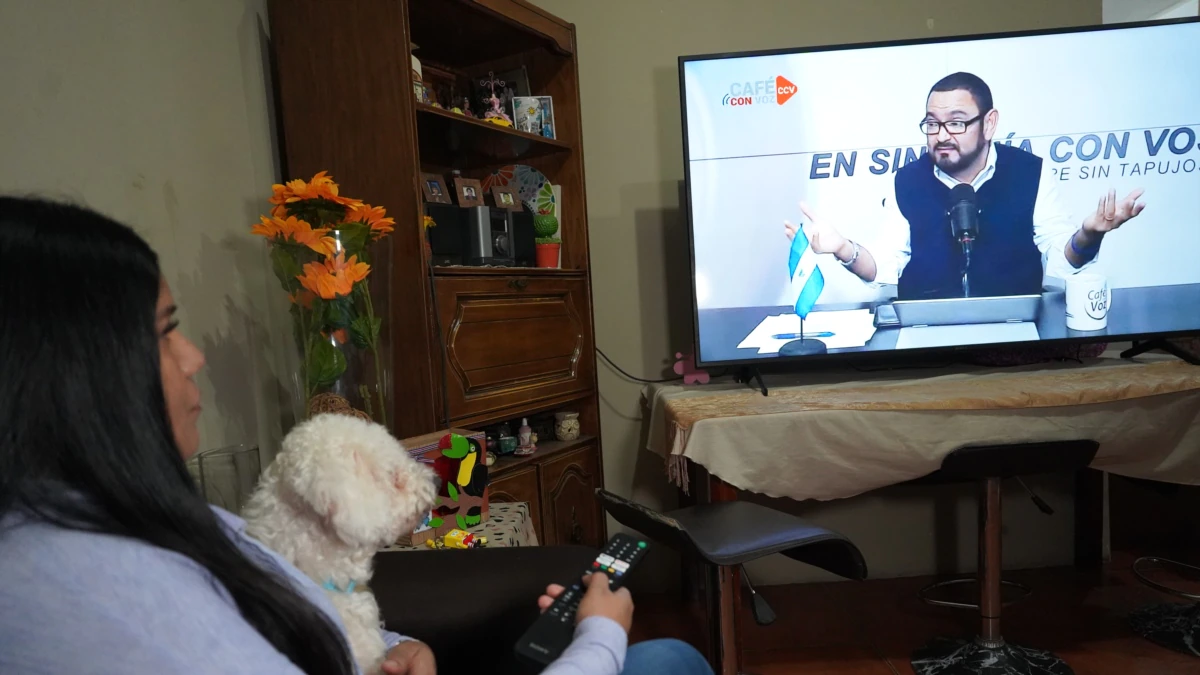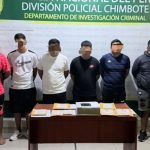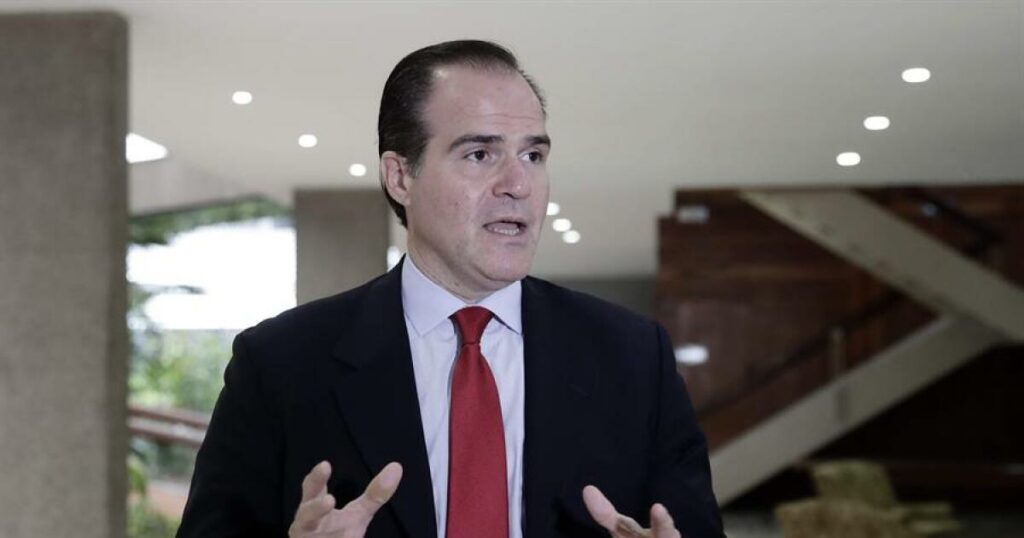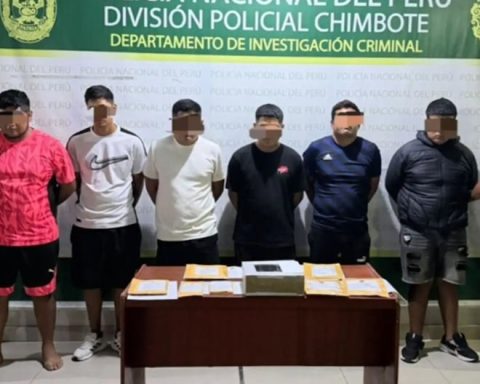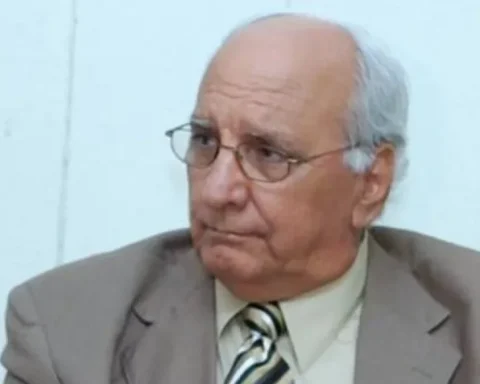Francisco Morales López and Sheyla Hernández, two Nicaraguans established in Costa Rica, inform themselves about the news from their country of origin through digital media that operate from the internet.
These digital media emerged as a result of the social outbreak in Nicaragua in 2018, which sparked anti-government protests that left at least 300 dead, hundreds of detainees and thousands of exiles. The government ordered the closure of independent media outlets, but censorship encouraged the creation of new platformsdigital media that have managed to survive, resist and reinvent themselves.
Many of these media report on the political crisis in the Central American country, where there is no freedom of the press. According to reports from Voces del Sur, an organization that monitors the situation of journalism in the region, in 2021 there were 702 attacks against the press in Nicaragua, and so far in 2022 there are already more than 672.
Morales arrived in Costa Rica in 2018 and Hernández in 2001. The first migrated for political reasons and the second for economic reasons, but both share the same feeling: to keep abreast of what is happening in their country.
Media for exiles are in exile too
Among the attacks, Voces del Sur reports the forced exile of Nicaraguan journalists. In July of this year alone, the organization counted 17 exiled journalists, most of them in Costa Rica, a country where almost all of the newspaper’s newsroom is located. The Press.
Pedro Vaca, Special Rapporteur for Freedom of Expression of the Inter-American Commission on Human Rights, highlights the work of Nicaraguan journalism despite the “censorship” that the government of President Daniel Ortega has imposed.
“From the rapporteurship we have been able to observe a resilient journalism, which in the face of this adversity, endorses and confirms its commitment to its work, to its mandate, to providing citizens with information,” Vaca said.
According to statistics from the union organization called Independent Journalists and Communicators of Nicaragua (PCIN), there are currently some 20 digital media outlets that are an alternative for exiles.
PCIN highlights that there is a variety of digital media that report in various formats, including written, radio, and audiovisual, so that audiences can choose the format they want.
Hernández, the Nicaraguan established in Costa Rica, works from Monday to Saturday in a store in downtown San José. She points out that she watches the news from Nicaragua on Youtube.
“When I get home after work, I start to cook and I watch the summary of the news that they offer on a channel in Youtube called Coffee with a Voice, and that it is produced by an exiled Nicaraguan,” Hernández said. In two hours he manages to update himself on what happened that day, he added.
Francisco Morales instead opts for written notes, but also prefers a summary of the day.
“I am very selective in what I consume (…) divergentFor example, I like it a lot. They filter the information a lot and I like how they show it, and the occasional satire, I sometimes like to see reality that way.”
also read intertextual, Article 66among others, Morales said.
Learn to overcome the duel of migrating
A Nicaraguan psychologist who spoke anonymously with the press and the voice of americaindicated that mental health in migration processes varies, depending on the conditions of the migration process.
And in this sense, he explains that there are migrants and exiles who live under a process of denial as a “natural part of mourning” and as a form of “resistance to change that means something painful” and that is reflected in the consumption of digital media, which Even if they are outside the country, people look for ways to keep informed.
“Whoever emigrates not only goes through denial, but also through sadness, anger, guilt, until they integrate that painful experience as part of their life experience. But for this, psychological support is key”, he warns.
Ruth Quirós Hernández works as a specialist in psychology at the Nicaragua Human Rights Collective Never Again assisting migrants. She says that on many occasions these people seek support ‘because they want to feel close to their little land’ and perhaps this has to do with the way they left the country, in some cases traumatically.
“For example, a few days ago a person told me, ‘I don’t dare to go to another country because I know that at any moment, if my mom gets sick and I have to go back to see her one last time, I’ll come back. It doesn’t matter what the consequences are.’ I think that closeness keeps hope alive. Many seek to stay informed about what is happening in Nicaragua because, although their body is here occupying a physical space, their mind and heart are not; his mind and heart are in Nicaragua with his family.”
Imelda Torres, another Nicaraguan psychologist who assisted relatives of opponents of President Daniel Ortega from the Permanent Commission on Human Rights (CPDH), joins the experts’ comments and mentions that the exiles’ decision to change their lifestyle, the culture and family environment has emotional consequences and therefore must““““““““““.
“The impact of the phenomenon of migration is great. Mental health professionals are observing how migration affects a personal, family level and what approach should be given, focused studies with appropriate therapy are urgently needed”.
Reporting from exile “an example of courage”
Pedro Vaca, for his part, emphasizes that journalism “is an example of impressive courage” and that the current crisis plays a fundamental role for Nicaraguans.
“I highlight the levels of union solidarity that I have been able to perceive within Nicaraguan journalism, they are superlative. The support networks that have been built for even people who have been forced out are important. The fact that the effort to inform continues, despite all the obstacles that have arisen, is something that has a high dose of heroism and has been recognized by the international community”, concludes Vaca.
Connect with the Voice of America! Subscribe to our channel Youtube and turn on notifications, or follow us on social media: Facebook, Twitter and Instagram
